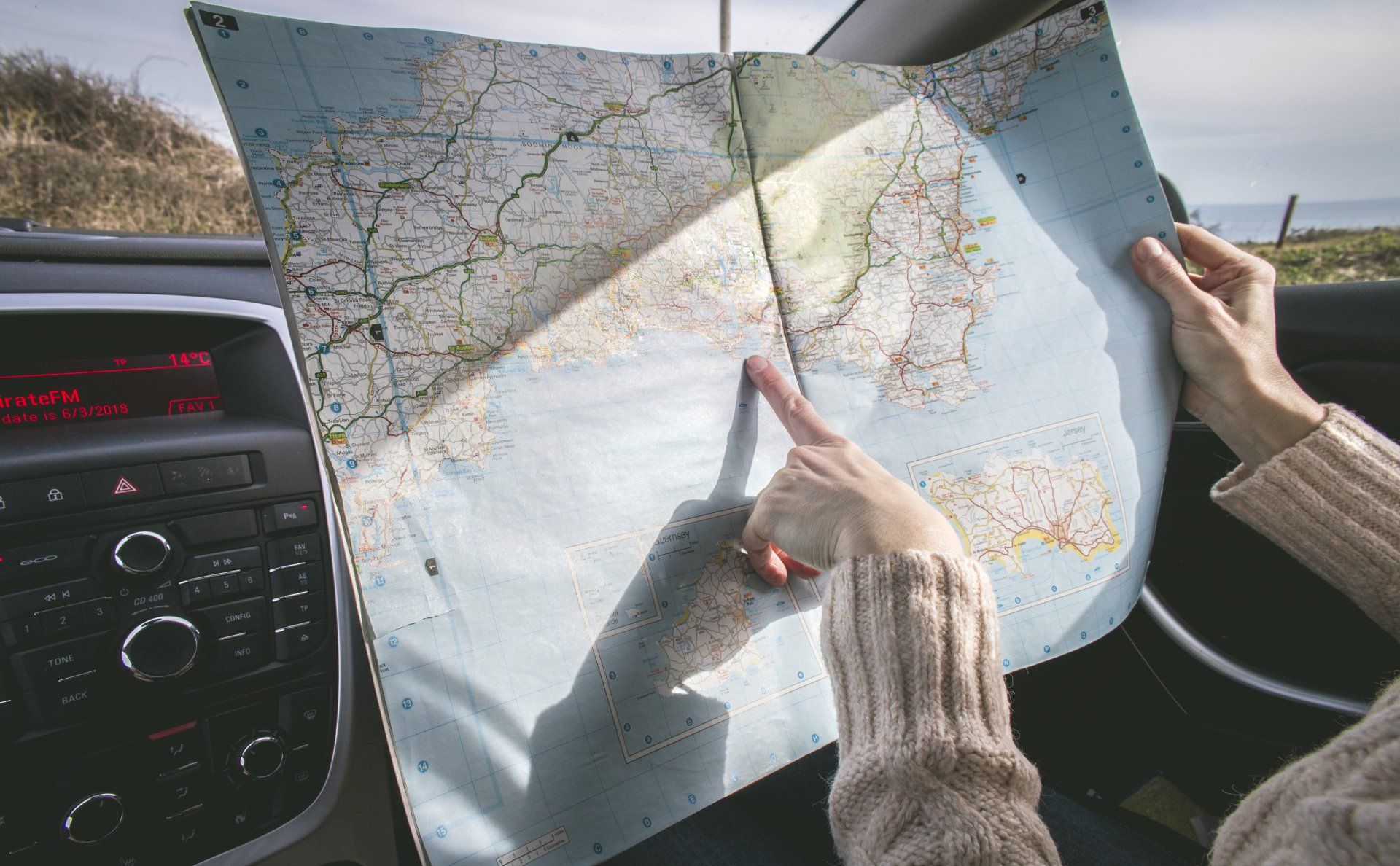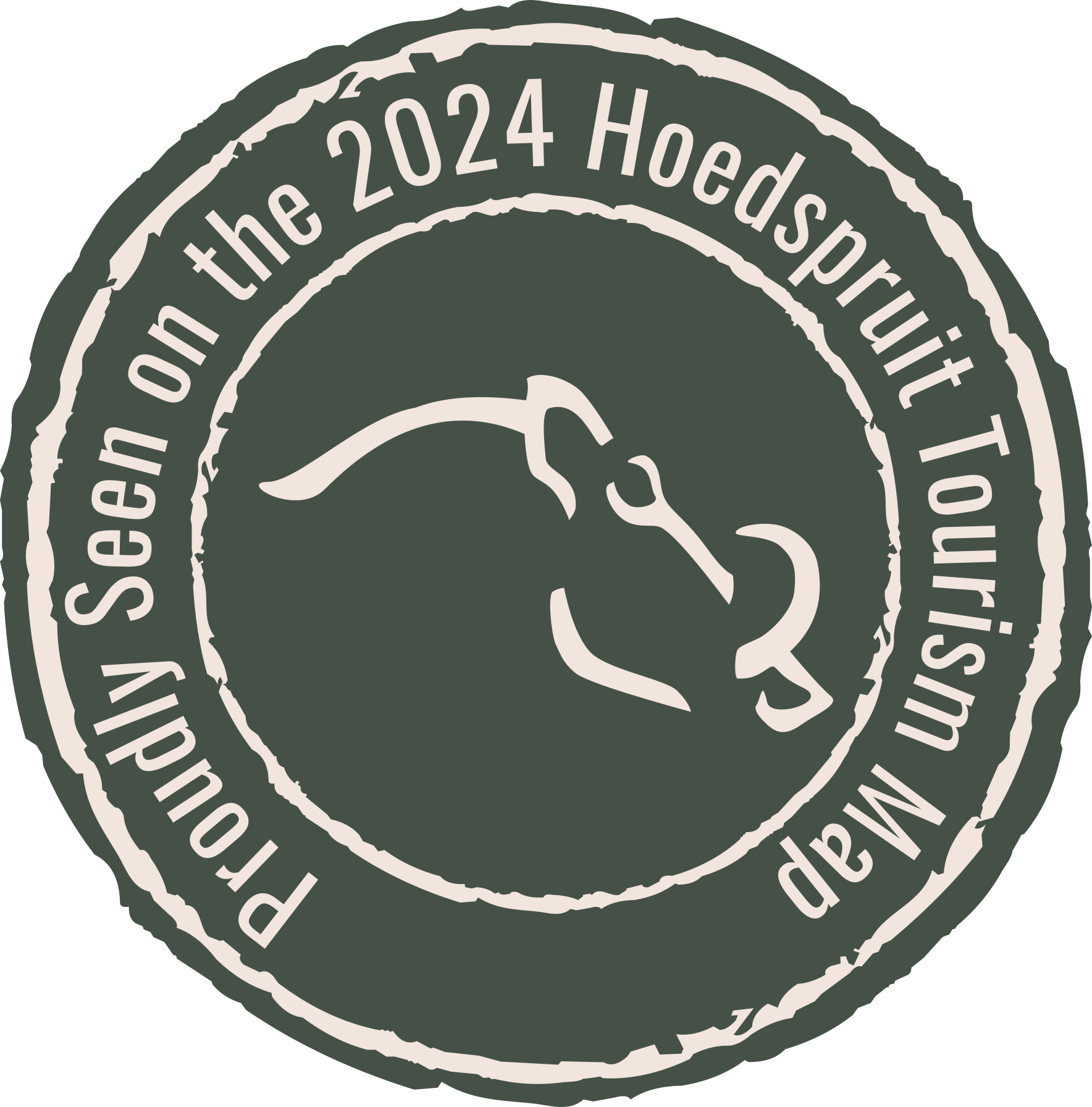Strategic Alliances: Collaboration for Travel Businesses
In the dynamic landscape of the travel industry, strategic alliances have emerged as a key driver of success. The collaboration between travel agents and tourism boards is a symbiotic relationship that not only benefits the businesses involved but also enhances the overall travel experience for customers. In this article, we delve into the importance of strategic alliances, specifically focusing on the collaboration between travel agents and tourism boards.

Navigating the Collaborative Horizon: An Introduction
The Power of Collaboration in Travel
The travel industry thrives on connections, and strategic alliances epitomize the power of collaboration. Travel agents and tourism boards coming together create a synergy that goes beyond individual interests, contributing to the growth and vitality of the entire travel ecosystem. This collaborative approach is a testament to the industry's adaptability and resilience.
Understanding the Reader's Intent
For readers interested in understanding why alliances between travel agents and tourism boards matter, this article aims to provide insights into the mutual benefits, strategies for effective collaboration, and the impact on customer experiences. By exploring real-world examples and industry trends, we'll illuminate the path to successful strategic alliances in the travel sector.
The Mutual Benefits of Collaboration
Leveraging Expertise and Resources
One of the key advantages of a strategic alliance between travel agents and tourism boards is the pooling of expertise and resources. Travel agents bring in-depth knowledge of customer preferences, booking trends, and market dynamics, while tourism boards offer destination-specific insights, promotional materials, and support. Together, they create a comprehensive approach that maximizes the potential for success.
Expanding Reach and Market Presence
Collaboration extends the reach of both travel agents and tourism boards. A tourism board gains access to the extensive networks and customer bases of travel agents, increasing its visibility and attracting more visitors to the destination. Simultaneously, travel agents benefit from the promotional efforts of tourism boards, tapping into new markets and audiences.
Strategies for Effective Collaboration
Aligning Marketing Strategies
Successful alliances hinge on aligned marketing strategies. Travel agents and tourism boards should collaboratively plan and execute marketing campaigns that highlight the destination's unique selling points. Consistent messaging across platforms creates a cohesive brand image, enhancing the overall appeal of the destination to potential travelers.
Coordinated Promotions and Packages
Collaboration thrives when both parties actively participate in creating promotions and packages. Tourism boards can offer exclusive deals or incentives for travelers booking through partnered travel agents. This not only boosts sales for agents but also provides added value for customers, fostering loyalty to both the agent and the destination.
Enhancing Customer Experiences
Personalized Travel Experiences
The collaboration between travel agents and tourism boards enables the creation of personalized travel experiences. Agents, armed with destination-specific insights from tourism boards, can tailor itineraries to match individual preferences. This level of personalization enhances customer satisfaction and builds a positive reputation for both the agent and the destination.
Streamlined Information and Assistance
Travelers benefit from streamlined information and assistance when travel agents and tourism boards work in tandem. From obtaining travel visas to navigating local attractions, the combined knowledge and support of both entities ensure a smoother travel experience. This collaborative effort contributes to positive reviews and referrals, strengthening the reputation of all involved.
Realizing Sustainable Tourism Goals
Promoting Responsible Tourism Practices
Strategic alliances provide a platform to promote responsible and sustainable tourism practices. Tourism boards can work closely with travel agents to educate customers on the importance of respecting local cultures, preserving natural environments, and making eco-friendly choices. This collective effort contributes to the industry's responsibility towards sustainable tourism.
Community Engagement and Empowerment
Collaboration extends beyond business interests to community engagement. Tourism boards and travel agents can initiate community-based tourism projects, fostering economic empowerment in local communities. This not only aligns with sustainable tourism goals but also enhances the overall appeal of a destination to conscientious travelers.
The collaborative relationship between travel agents and tourism boards is not just a business strategy; it's a gateway to a more vibrant and sustainable travel industry. As travelers seek unique and authentic experiences, strategic alliances provide the foundation for delivering precisely that. The fusion of expertise, resources, and shared goals creates a win-win scenario that transcends individual success and contributes to the collective prosperity of the travel ecosystem.
ASK US
For travel agents: Explore potential collaborations with tourism boards to enhance your offerings and expand your market reach. Leverage the insights and resources provided by these alliances to curate unforgettable travel experiences for your customers.
For tourism boards: Actively seek partnerships with travel agents to amplify your destination's visibility. Collaborate on marketing initiatives, promotional campaigns, and sustainable tourism projects to foster positive engagement with travelers and industry stakeholders.
Frequently Asked Questions
Articles







